EU: On a ‘good track’ to achieve climate targets for 2030

The EU is on track to achieve its climate goals for 2030, according to the assessment of the national energy and climate plans (NECPs) released by the European Commission.
The Commission’s assessment shows that the EU is currently on a path to reduce net greenhouse gas emissions by about 54% by 2030, compared to 1990 levels, if member states fully implement existing and planned national measures and EU policies. Furthermore, according to the Commission’s data, most member states are aligned with the EU’s binding target for 2030 of at least 42.5% share of renewable energy sources.
The Commissioner for Climate and Clean Development, Wopke Hoekstra stated that “we must now seize this momentum.” He noted that emissions have decreased by 37% since 1990, while the economy has grown by nearly 70% — demonstrating that climate action and development go hand in hand. “Our commitment to the clean transition provides clarity to investors and strengthens the resilience and prosperity of Europe. This is a decisive moment — every sector in every member state must contribute to achieving results,” he added.
On her part, the Vice-President of the Commission, responsible for a clean, fair, and competitive transition, Teresa Ribera emphasized that the green agenda is not just a goal, but a way to modernize our economies and a “bet” on industrial innovation. “Our duty now is to deepen our capabilities and enhance our action without delay. We can deliver 55% and we must build the conditions to reach 90% by 2040,” she stressed.
According to the Commission, member states are showing political will to reduce the EU’s dependence on imported fossil fuels, improve the resilience and security of energy supply and energy infrastructure, accelerate the completion of the internal energy market, and support those who need it most with investments and skills development.
The Commission’s assessment provides a solid foundation for discussions on the next steps in the EU’s journey towards decarbonization by 2040 and achieving climate neutrality by 2050.
In the next stage, national plans must be translated into action to ensure stability and predictability. This includes channeling public resources to effectively support transformative investments, encouraging private investments, and coordinating efforts at both regional and European levels.
Three member states — Belgium, Estonia, and Poland — have yet to submit their final plans and are called upon by the Commission “to do so without delay.” (28/5/25)
What's Your Reaction?
 Like
0
Like
0
 Dislike
0
Dislike
0
 Love
0
Love
0
 Funny
0
Funny
0
 Angry
0
Angry
0
 Sad
0
Sad
0
 Wow
0
Wow
0





































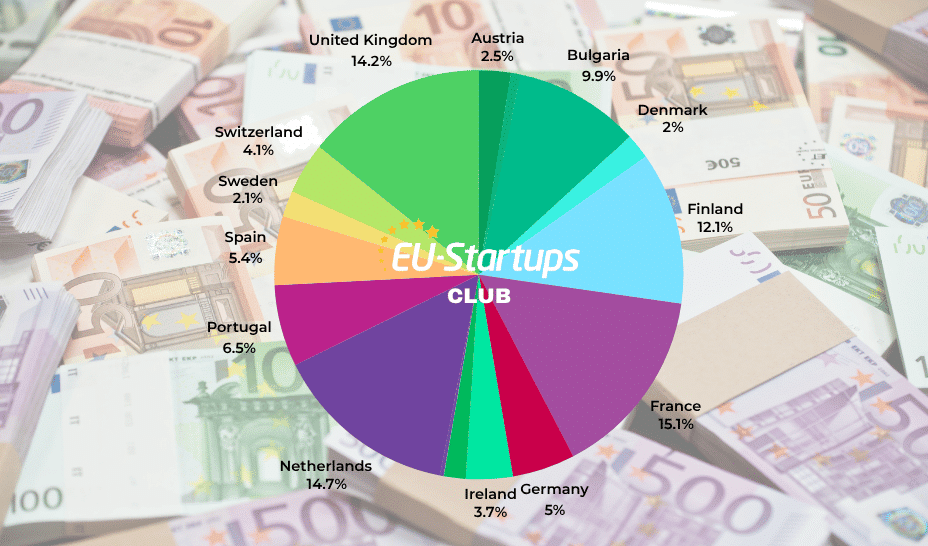



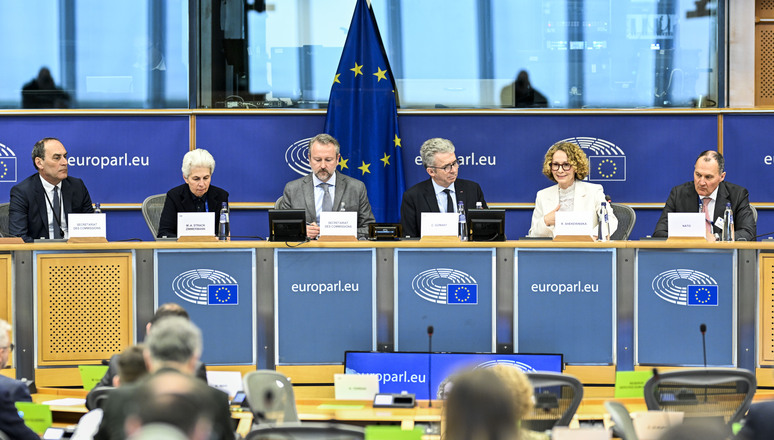

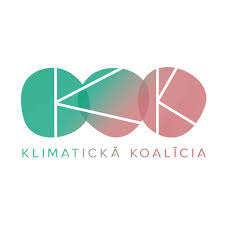

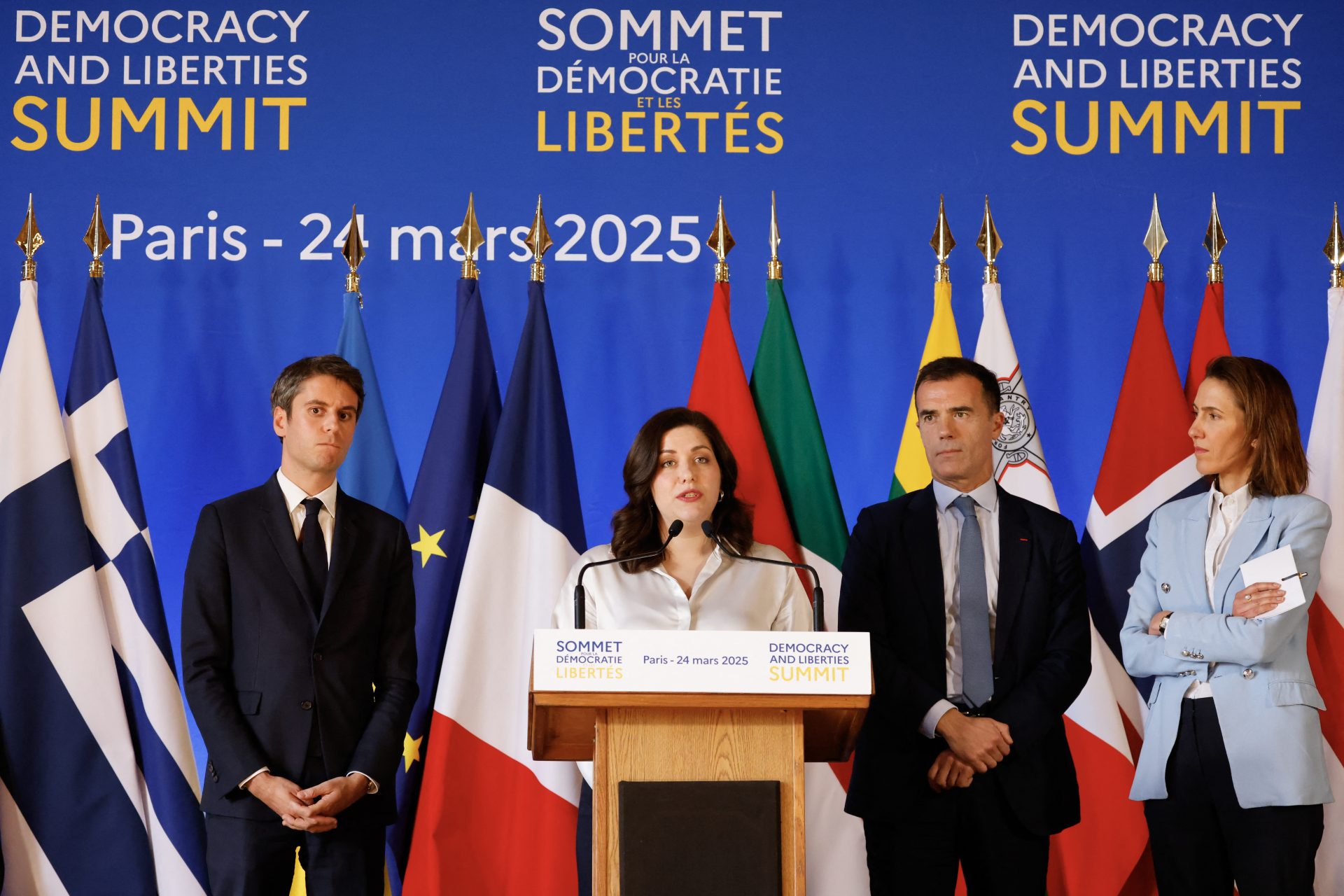
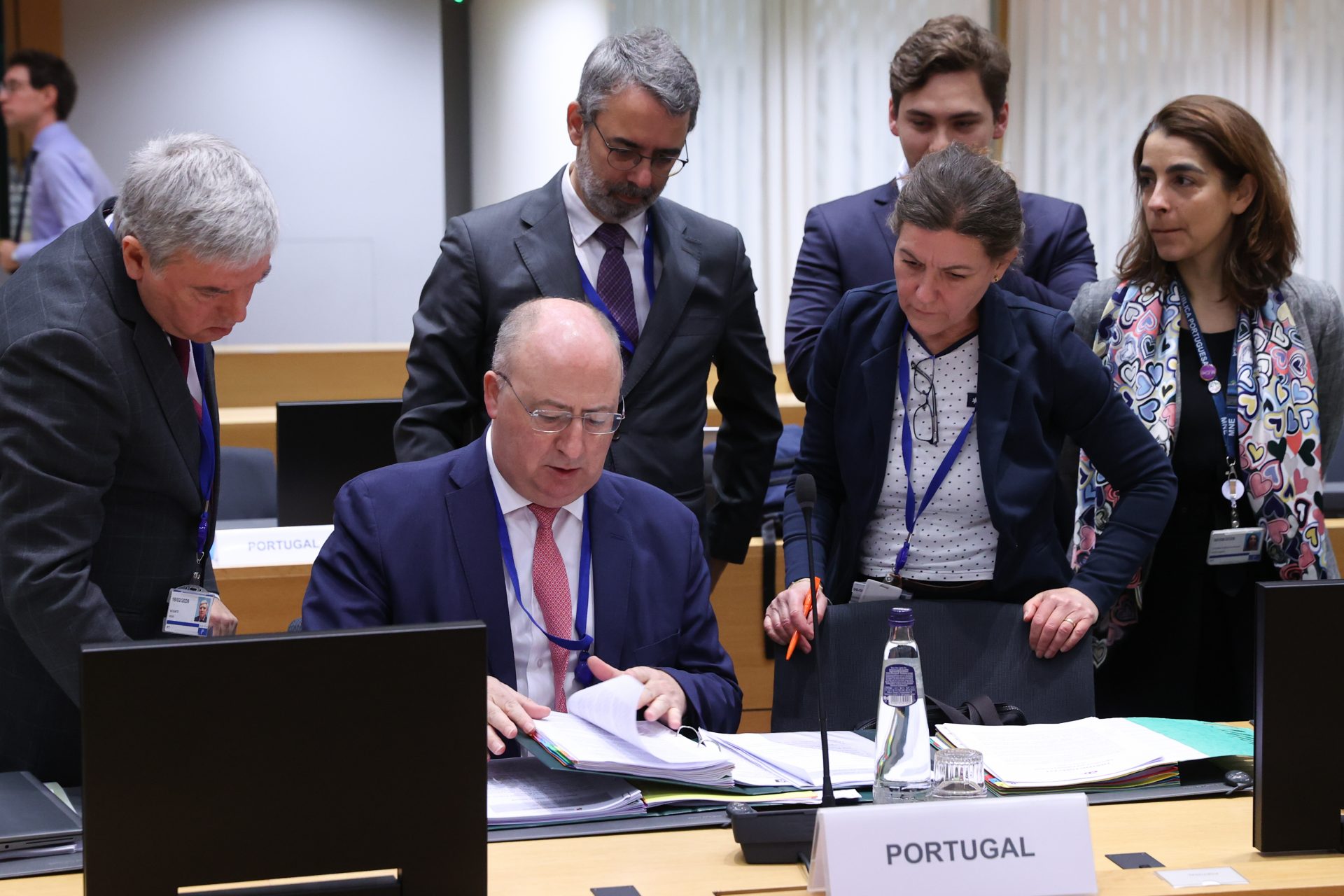


.png?Expires=1838763821&Key-Pair-Id=K2ZIVPTIP2VGHC&Signature=IO0~CT3pU-TcxGc~yoZSmoQx23MZVuK-~4jSii~NKEblRmyO3el7NXPu~Rh1o23voASg7hlcHLw4kvQuDK1jssEhcjoNBBvEpZ~GGOAU6yosBhpHpeF179F~h7i6VxmsBNh9gtTutkoqY73O2YCFey~IAqSzKbBqETP1kP9cAg1916Z1YkJJs-5MliMrkZ5d7-mWGLbpHp2wGj2VlMph8XzYlL4~y1O7fB~JdIS~Rs4RMRs2x0WT1qUIpHAsf3GdwtOyAmKFSpIg8xCyNGZZ5h~13nXlmpd7uPvW8tBfttpG9pFTqcway-uch5WyfHOEfi7UlJCOWrr6fCYY5PMgSg__)







